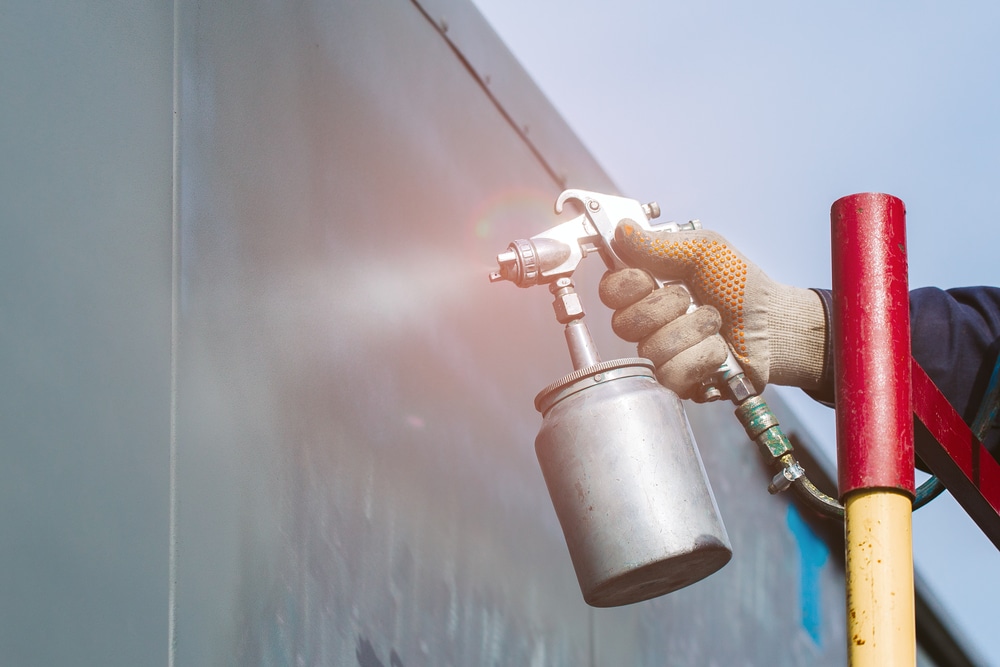In the industrial realm, where structures face the relentless forces of nature, the importance of robust protection cannot be overstated. Enter Industrial Protective Coatings, the unsung heroes that shield infrastructure from environmental wear and tear. These coatings serve as the first line of defense against the elements, and their performance is intrinsically tied to the whims of weather.
The Crucial Role of Industrial Protective Coatings
Industrial Protective Coatings play a pivotal role in preserving the integrity and longevity of structures exposed to diverse weather conditions. From extreme temperatures to corrosive elements, these coatings act as a shield, safeguarding against deterioration, rust, and other forms of environmental damage.
Weather Variability and Coating Durability
The first line of defense for any structure, industrial protective coatings face the brunt of sunlight, rain, and fluctuating temperatures. Prolonged exposure to UV rays can lead to the degradation of coatings, causing them to lose their protective properties. Rain, with its varying pH levels, may accelerate corrosion, especially in metal structures. Understanding how these coatings interact with different weather elements is crucial for ensuring their effectiveness.
Extreme temperatures can pose a significant challenge for industrial protective coatings. In freezing conditions, coatings may become brittle and prone to cracking, leaving surfaces vulnerable to corrosion. On the other hand, scorching heat can lead to the expansion and contraction of materials, testing the flexibility of coatings. Selecting coatings designed to withstand these temperature extremes is vital for long-term performance.
Corrosion Resistance in Harsh Environments
Coastal environments present a unique set of challenges due to the corrosive nature of saltwater and the high humidity levels. Industrial protective coatings designed for coastal applications must exhibit exceptional resistance to salt spray and humidity, preventing corrosion in offshore platforms, bridges, and other structures.
In chemical-intensive industries, exposure to corrosive substances is a daily reality. Industrial protective coatings must be formulated to resist chemicals, acids, and solvents. The weather, in this context, becomes a dynamic factor, influencing the concentration and impact of chemicals on coated surfaces.
Maintenance Strategies in Response to Weather Impact
Given the dynamic nature of weather and its impact on industrial protective coatings, regular inspections and maintenance routines are paramount. Timely touch-ups and recoating can mitigate the effects of weathering, ensuring that the protective layer remains intact.
The symbiotic relationship between weather and industrial protective coatings underscores the need for serious education and consideration in coating selection and maintenance. As structures weather the storm of environmental challenges, these coatings stand as stalwart guardians, preserving the integrity of industrial assets for years to come.
Industrial Coatings in Metro Detroit
At Armor Tough Coatings, we know how hard it can be to balance the need to maintain your equipment with the amount of time it takes. Our skilled industrial painting team works quickly and efficiently, minimizing your downtime while giving you the results you deserve.









